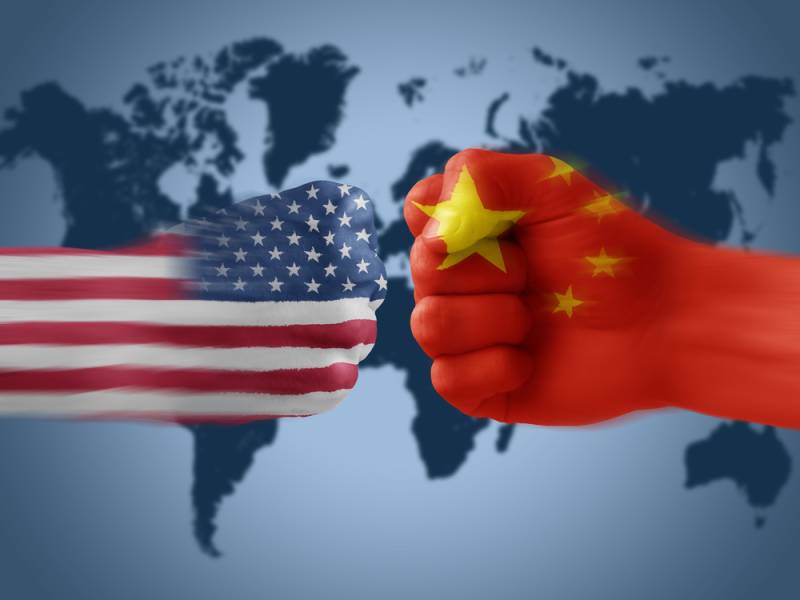A superpower in reference to present times is all about having a global reach. Being economically, diplomatically, militarily and culturally strong remain prerequisites, but being a transnational performer that can also interact with non-state actors has become a contributing factor as well. This allows superpowers to stand apart from ‘great powers’ or nuclear powers
China is the new kid on the block. It’s an emerging super power which is giving a tough time to other super entities. China’s performance has inspired several countries to emulate its approach to trade and finance by engaging in growth. It is at the helm of being a ruling superpower in the contemporary globalized world. The International Monetary Fund has rated China’s ranking to number one economic superpower beyond that of America. The purchasing power parity and GDP (gross domestic product) indicators has shown similar results. China is exploring new markets in Africa and Central Asia. Though Central Asia is small, still a superpower needs a safe neighborhood. In Central Asia, China has invested billions of dollars in oil and natural gas companies to safeguard long term energy demands. China is making huge investments in South America as well. It is becoming a mammoth trading partner of South Africa and Brazil with an investment of 8 billion in the latter.
If we compare it with the military strengths of USA, Russia and United Kingdom, then it falls behind. Still China is in the race in respects of population and economic capabilities. China expenditure on military is one third as compared to the US which is the strongest military power. Perhaps the biggest difference between the two superpowers is influence in other parts of the world. The United States has 133 military bases outside of its territory, and China has zero. More specifically, the United States has bases in multiple jurisdictions that surround China: South Korea, Kyrgyzstan, Japan, Singapore, Guam, Afghanistan, and Diego Garcia, a set of small islands in Indian Ocean. As the emerging super power and economically strongest power, China’s foreign policy is quite influential. Their main aim is to pursue an independent foreign policy of peace. Although China has a very strict foreign policy with regards to their sovereignty and integrity. A strong example of foreign policy decision of China to defend its integrity is not engaging in any diplomatic relations with any country which recognizes Republic of China (Taiwan), which is not recognized by the PRC as a separate nation.
There is increasing speculation globally that within a decade China will surpass America in raw economic size or it can adjust their purchasing power within this year. But some of these claims are plainly inaccurate, misleading and potentially damaging. A deeper look shows that the People’s Republic of China’s economic strength is far smaller and poorer than the US on most important economic dimensions, so its true global weight is correspondingly limited. One of the most surprising developments resulting from the financial crisis is the belief among ordinary Americans that China has become the world’s leading economy. This view appeared in the roughest times of 2009. The principal reason of America’s dismay is jobs. America’s official unemployment rate has breached 9% during past two years. It is even higher when counting those who have stopped looking for jobs, yet would work if they could. But on the other hand true Chinese unemployment rate is certainly higher than American unemployment rate. It depends on how the employment rate is measured. China's GDP, adjusted as purchasing power is $9.09 trillion and America’s is $14.12 trillion. Quality of life of both countries also has a huge difference. China’s average income (GDP per Capita) is $3,738 and America’s is $48,153. Some more important facts includes oil imports (in millions of barrels per day); China has 4.3% and US has a rate of 9.6%. China has an edge on U.S in share of world goods export as it has a rate of 9.6% and U.S has a rate of 8.5% in 2014.
With China’s economy, rising military and diplomatic strength, they have been unable to replace, or come at par with, USA and it is mainly due to the fact that China has a vast disparity of development and wealth. Much of China still remains rural. Other contributing factors include state imposed censorship, lack of democracy in the country and being perceived as a threat to Western forces as well as regional competition from India. These factors combined, it becomes difficult to imagine China being labeled as a world super power at the moment.
There are four main reasons as to why USA still remains as a global super power. Firstly, US’s economy remains the bedrock of the global financial system, as over 80% of all global transactions are made in dollars. Secondly, the US remains as a leader in the war against non-state terrorist groups, a war that China has yet to join. Thirdly, the amount of political influence that the United States possesses remains unparalleled in the world. Fourthly, America leads in energy and technology innovation; 8 out of 9 of the top technology firms are American allowing innovative ideas on renewable energy.
However, there is a chance that over the next few years we see an evolution of China in terms of its diplomatic and political situation. Should China amend its current communist system to one that is more democratic, it will attract multiple different great powers into trading with them. China may also gain comparative advantage by cultivating its soft power and exporting its peaceful rise strategy. All hope may not be lost for China as their continually rising economy will allow them to reach unprecedented heights in order to achieve the super power status.






